Many adults take the initiative to get the shingles vaccine because they have experienced terrible pain or witnessed relatives suffering from the disease.
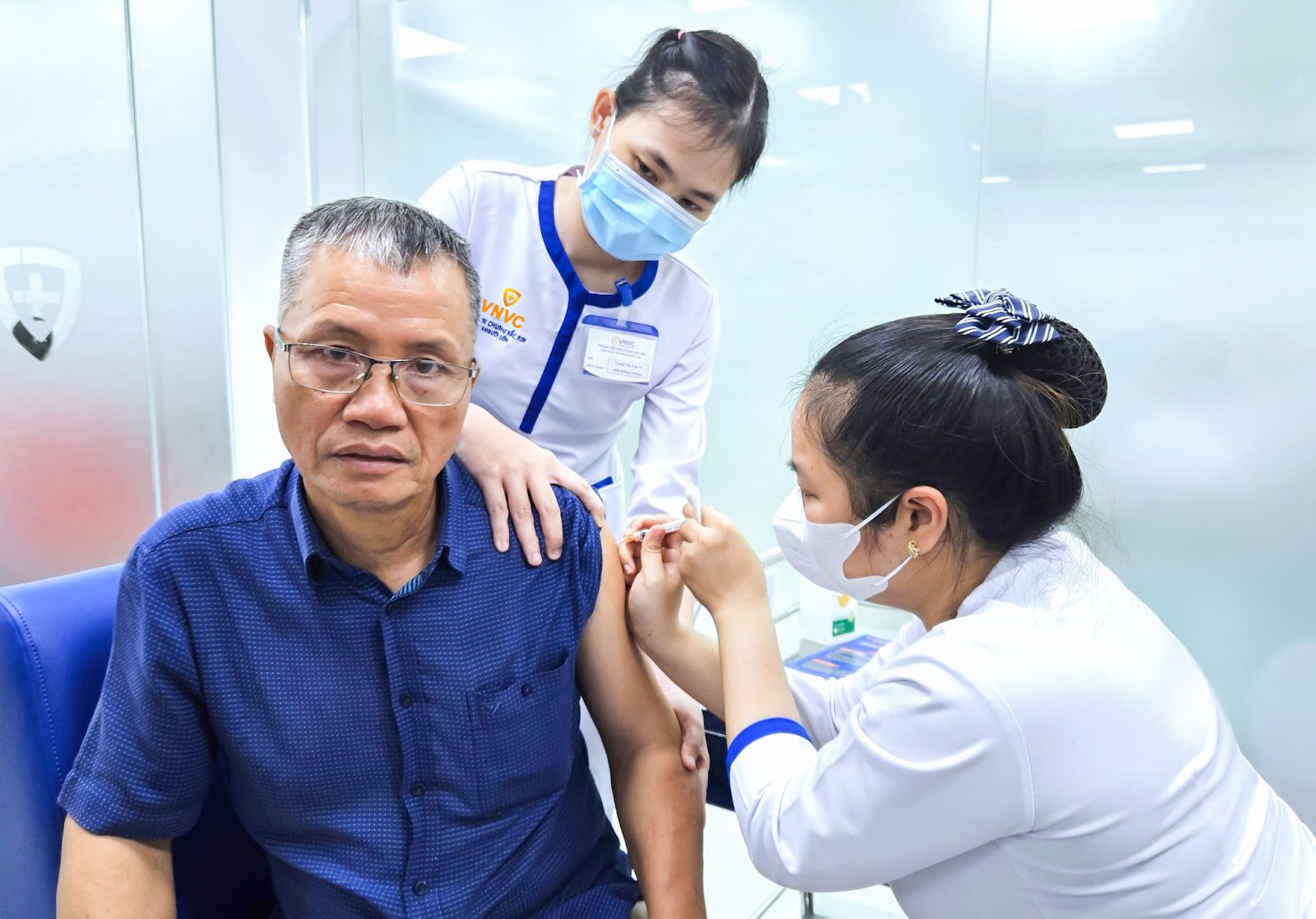
Elderly people get shingles vaccine at VNVC Vaccination Center
Depression due to shingles pain
One day in late October, Mr. NHĐ. (73 years old, Phu Nhuan District, Ho Chi Minh City) went to the VNVC Vaccination Center near his house to get a shingles vaccine. He said he discovered shingles in 2022 with the initial symptoms being clusters of blisters on his right arm. At that time, he thought he had fallen so he did not go to the doctor, but later he still felt severe pain even though the blisters had healed.
He was diagnosed with post-herpetic neuritis, which caused long-term nerve pain. He tried injections, painkillers, meditation and yoga, but the pain did not go away, causing him to become depressed.
When the pain subsided, he heard that there was a vaccine for shingles, so he took the initiative to get vaccinated. Here, the doctor advised him that the vaccine would help reduce the recurrence of the disease, thereby also reducing the risk of complications of post-herpetic neuralgia.
Not having shingles yet but witnessing her mother suffering from the disease, Ms. LNP (50 years old, Tan Binh district, Ho Chi Minh City) and her husband went to VNVC to get vaccinated.
"My mother has been sick for a month now. Her shingles have spread to her eyes, causing severe pain. She can't see clearly and can't eat or sleep. People who haven't had this disease usually take it lightly, but when they do, they're very scared. They just hope there's a vaccine to get," said Ms. P.
Dr. Le Thi Truc Phuong, medical specialist of the VNVC Vaccination System, said that the herpes zoster vaccine produced by the pharmaceutical company GSK (Belgium) was the first to be injected in Vietnam from October 4, 2024. This is an inactivated, recombinant vaccine with a formula containing special pharmaceutical ingredients, so it is safe and highly effective for the elderly, people with underlying diseases and people with immunodeficiency.
The herpes zoster vaccine is given to people aged 50 and over or people aged 18 and over with immunodeficiency due to illness to help prevent herpes zoster and especially complications of herpes zoster such as post-herpetic neuralgia, encephalitis, paralysis, deafness, blindness, stroke... The vaccination schedule is 2 doses, 2 months apart for people aged 50 and over and 1 month apart for people aged 18 and over at high risk of herpes zoster.
Since its launch, more than 200 VNVC centers nationwide have recorded tens of thousands of people coming to get the shingles vaccine, most of whom are aged 50 and over, and this is also the group of people recommended for vaccination in many countries. Among them are many people who have had shingles and are vaccinated to prevent recurrence and complications.
Herpes zoster tends to increase
According to Dr. Phuong, factors such as old age causing the immune system to age, weakened immune system due to diseases or treatment methods, psychological stress... are favorable conditions for causing and recurring shingles.
The varicella zoster virus (VZV) that causes shingles is the same virus that causes primary chickenpox. After chickenpox has cleared, the virus is not completely eliminated but remains in the nerve roots in a "dormant" state. When the immune system is weakened, the virus will reactivate and cause shingles.
Data from the Asia-Pacific region show that the seroprevalence of VZV is as high as 90% in adults, so most adults are at risk of developing shingles in their lifetime, especially after age 50. According to data from the US Centers for Disease Control (CDC), more than 99% of Americans born before 1980 have had chickenpox, even if they do not remember.
Experts predict that Vietnam's population is aging and suffering from many chronic diseases. According to the United Nations Population Fund (UNFPA), people aged 60 and over in Vietnam accounted for nearly 12% of the total population in 2019 and will increase to more than 25% by 2050. People over 60 years old on average suffer from 3-4 diseases, especially people over 80 years old can suffer from more than 6 diseases. Diseases such as high blood pressure, diabetes, cardiovascular disease, bone and joint diseases, etc. are favorable factors leading to an increase in the number of cases of shingles.
Dr. Vo Thi Doan Phuong, head of clinical department 3 - Ho Chi Minh City Dermatology Hospital, cited statistics at Ho Chi Minh City Dermatology Hospital, saying that the number of patients coming for examination and treatment of shingles has tended to increase in recent years. In 2022 and 2023, the hospital received nearly 9,500 visits for examination and treatment of shingles.
According to Dr. Phuong, shingles can cause many complications if not diagnosed and treated promptly. The most common complication of shingles is post-herpetic neuralgia, which can last from several months to several years, seriously affecting the patient's quality of life.
In addition, shingles can lead to more dangerous complications such as secondary bacterial infections, polyneuropathy, nerve paralysis, encephalomyelitis in cases of widespread shingles, chronic ophthalmitis and blindness if the rash is in the eye area.
People with underlying medical conditions have a high risk of shingles recurrence.
Shingles is not a one-time occurrence but has a risk of recurrence. The risk of recurrence can occur in 5% of people with shingles. In particular, for the elderly, people with immunodeficiency, and people with chronic diseases (diabetes, hypertension, dyslipidemia, etc.), the recurrence rate after the first episode can be up to 30%.
Subjects susceptible to shingles with dangerous complications and should be vaccinated early include: adults aged 50 and over; elderly people with underlying medical conditions such as diabetes, cardiovascular disease, chronic obstructive pulmonary disease (COPD), musculoskeletal diseases, etc.; adults aged 18 and over at high risk of shingles (people with immunodeficiency, immunosuppression or the ability to suppress the immune system due to illness or treatment, etc.); people infected with HIV/AIDS; people with autoimmune diseases (rheumatoid arthritis, systemic lupus erythematosus, psoriasis, multiple sclerosis, etc.), people with hematopoietic stem cell transplants, people with malignant blood diseases, including chemotherapy and radiotherapy; patients with malignant solid tumors, organ transplant patients.
Source: https://tuoitre.vn/tiem-vac-xin-vi-am-anh-dau-do-zona-than-kinh-20241121170022951.htm



![[Photo] Prime Minister Pham Minh Chinh chairs conference to review the implementation of Resolution No. 18-NQ/TW](https://vstatic.vietnam.vn/vietnam/resource/IMAGE/2025/4/14/dcdb99e706e9448fb3fe81fec9cde410)
![[Photo] Hanoi people warmly welcome Chinese General Secretary and President Xi Jinping on his State visit to Vietnam](https://vstatic.vietnam.vn/vietnam/resource/IMAGE/2025/4/14/d6ac6588b9324603b1c48a9df14d620c)
![[Photo] Ceremony to welcome General Secretary and President of China Xi Jinping on State visit to Vietnam](https://vstatic.vietnam.vn/vietnam/resource/IMAGE/2025/4/14/5318f8c5aa8540d28a5a65b0a1f70959)






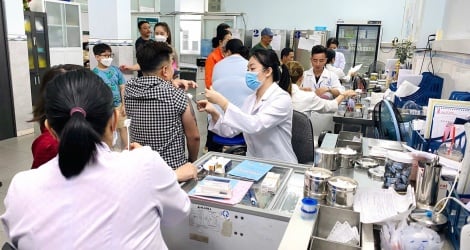



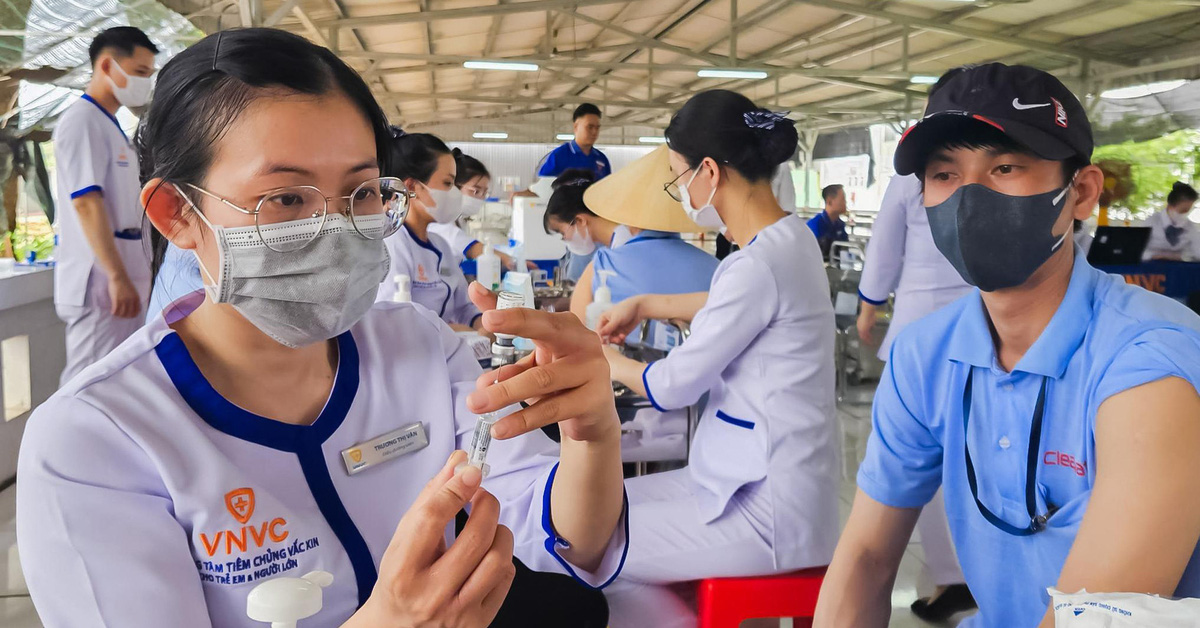

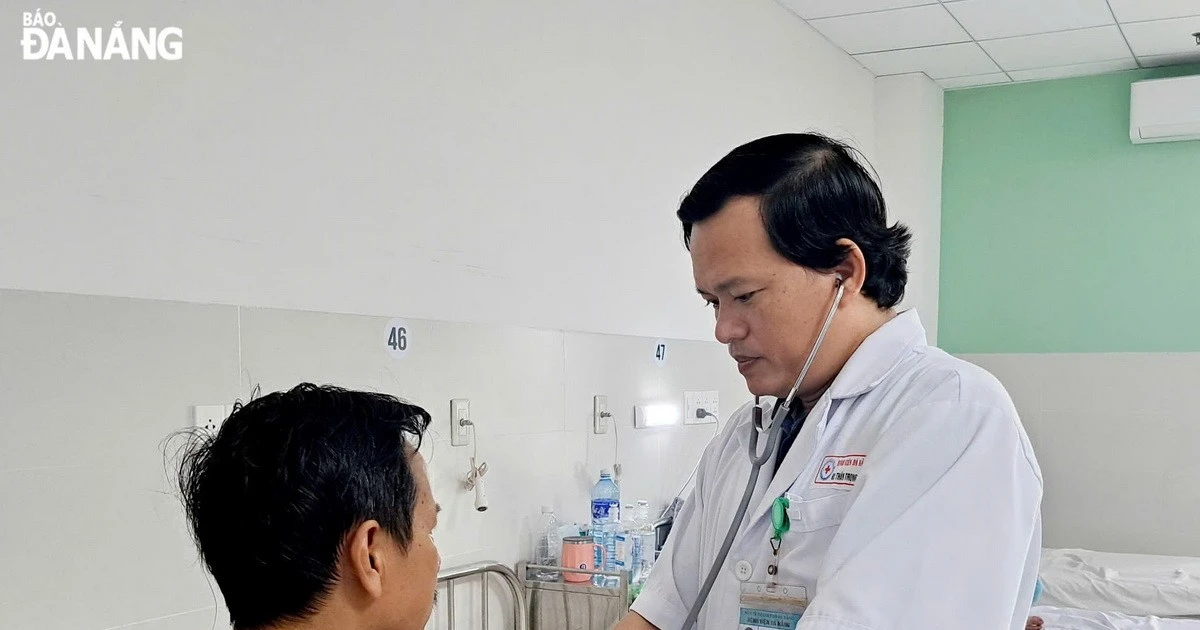
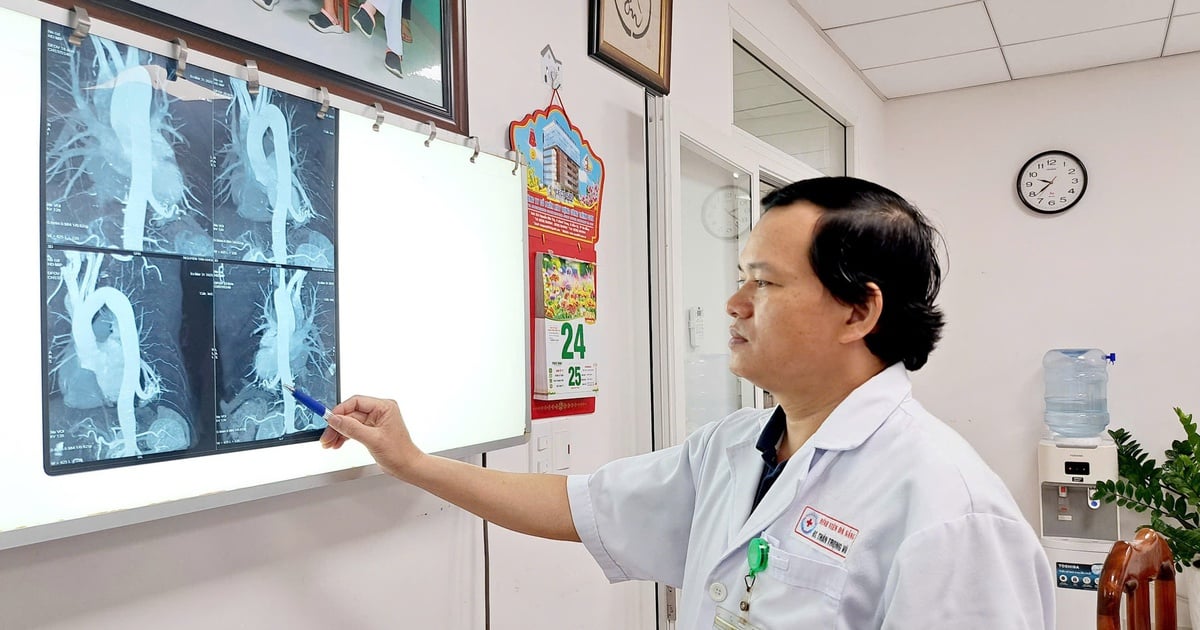
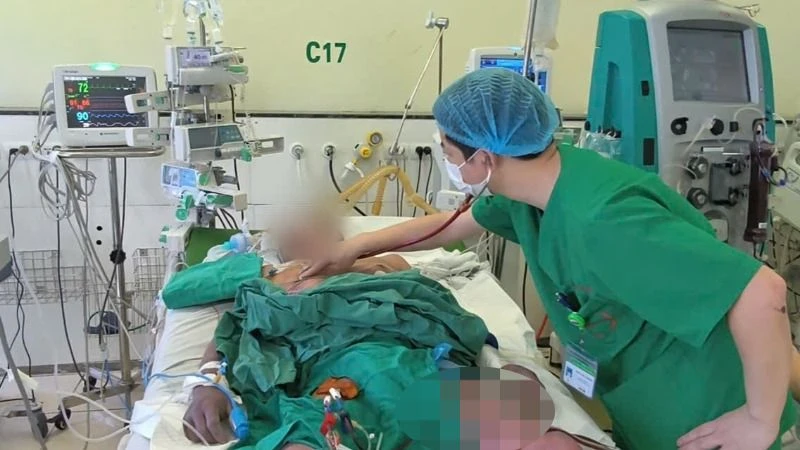
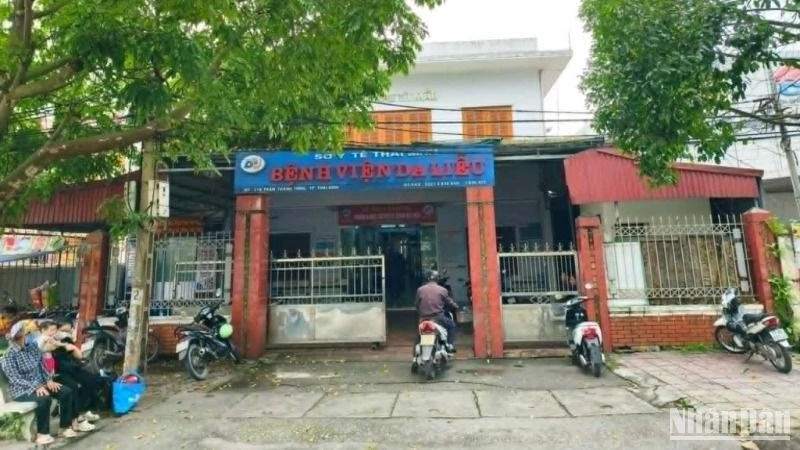
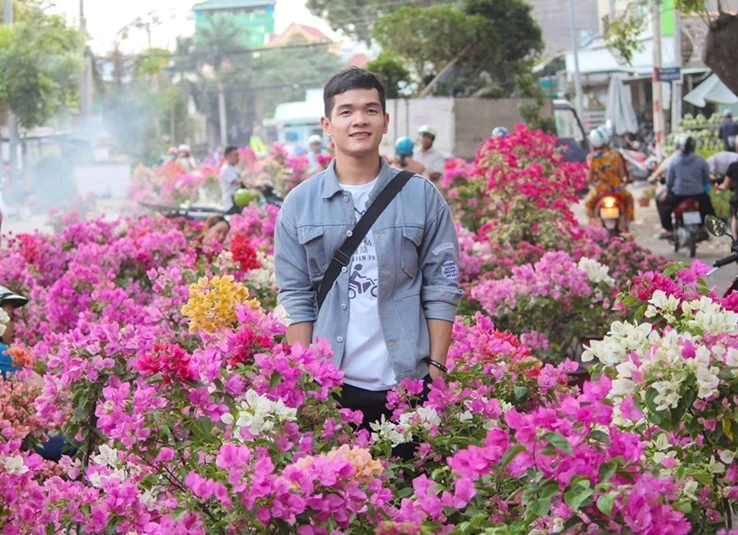








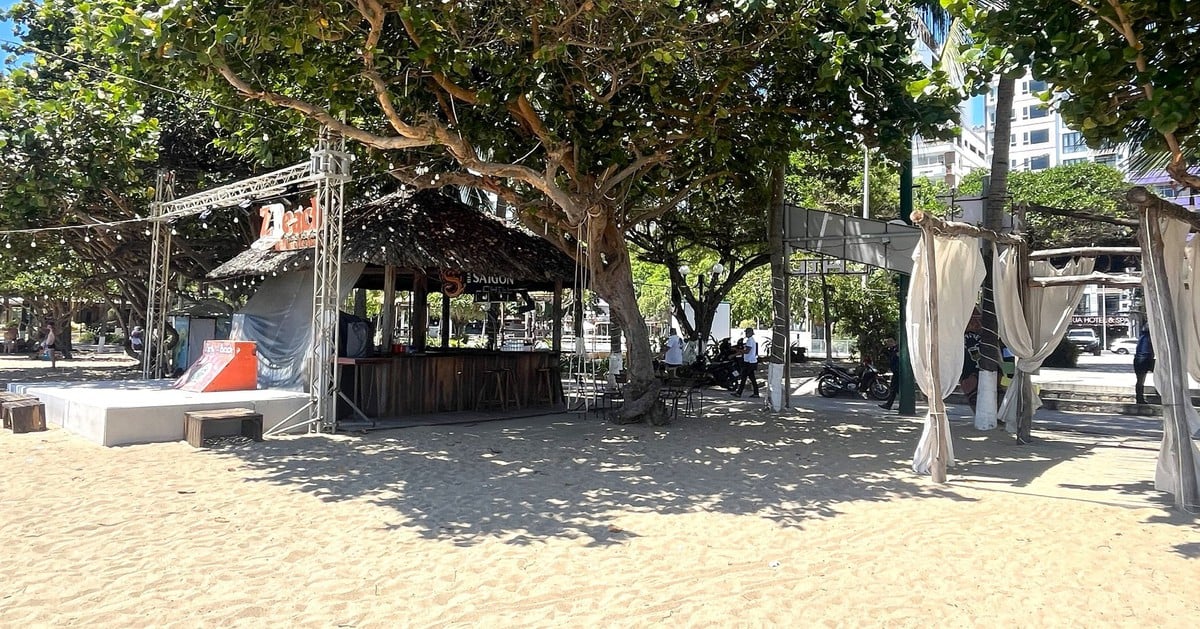


















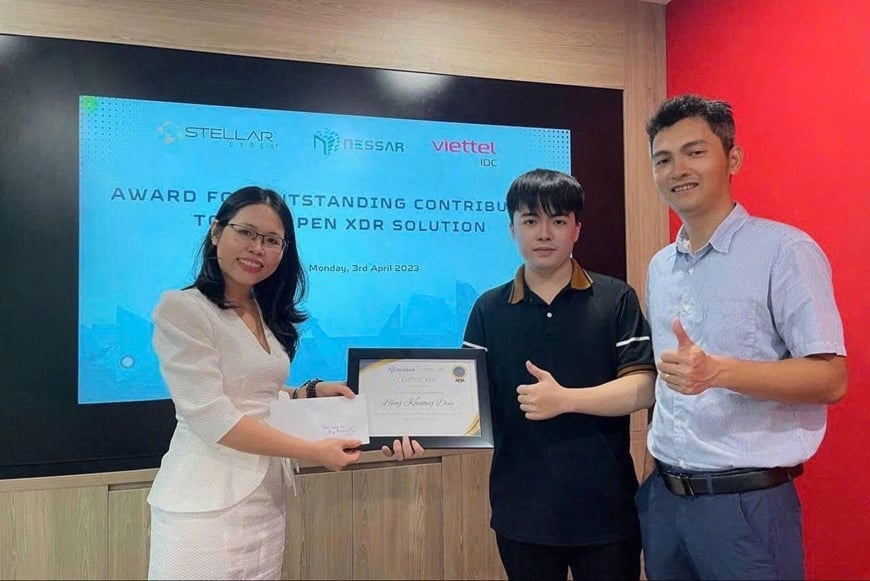











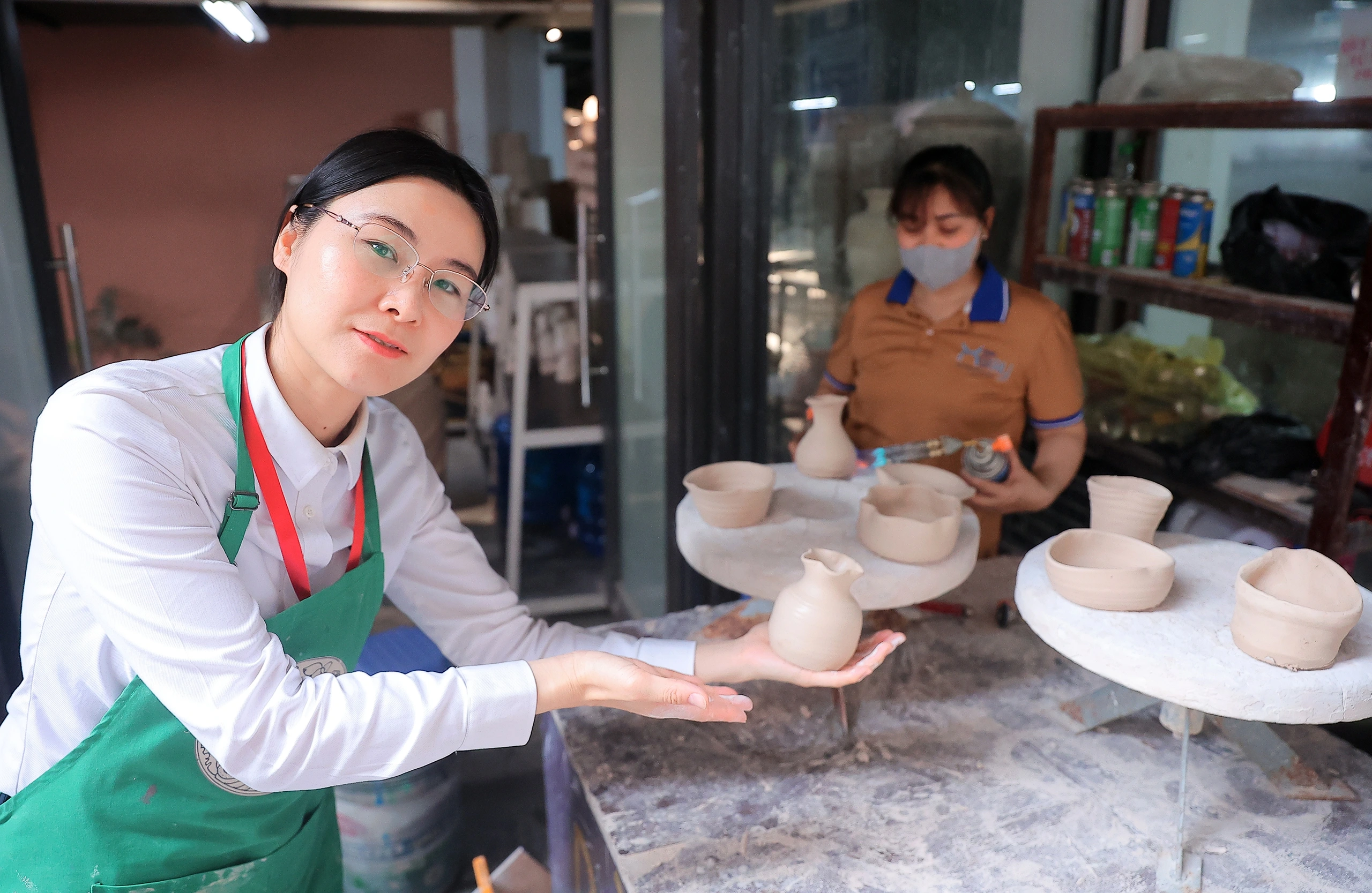







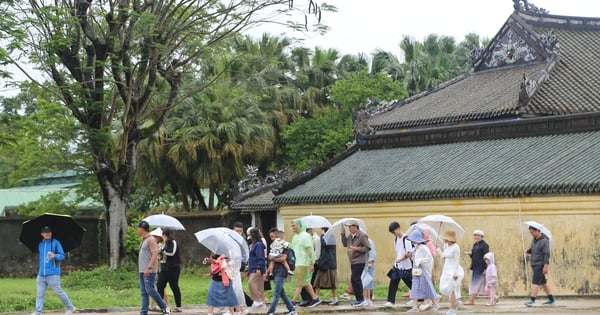



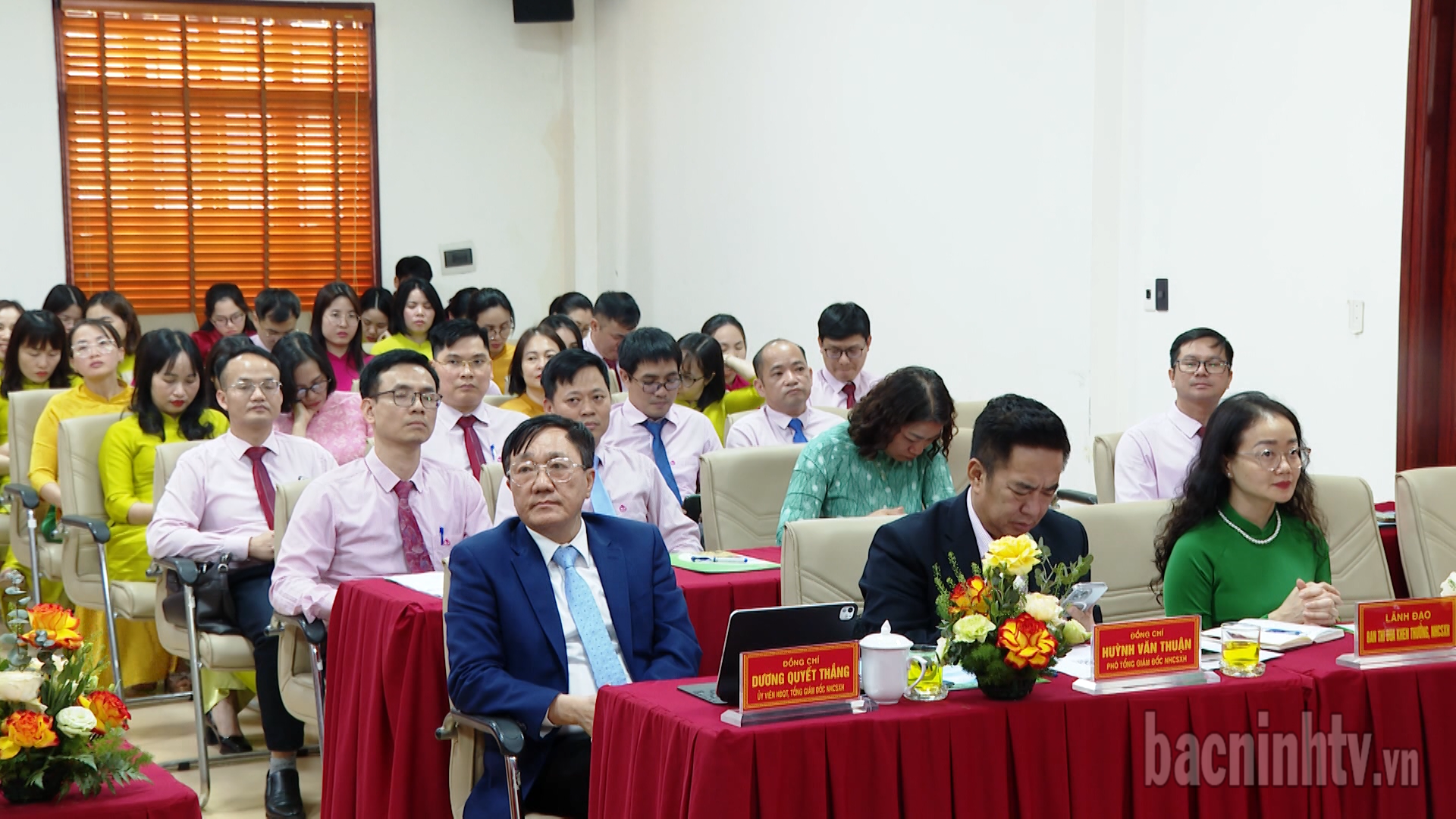
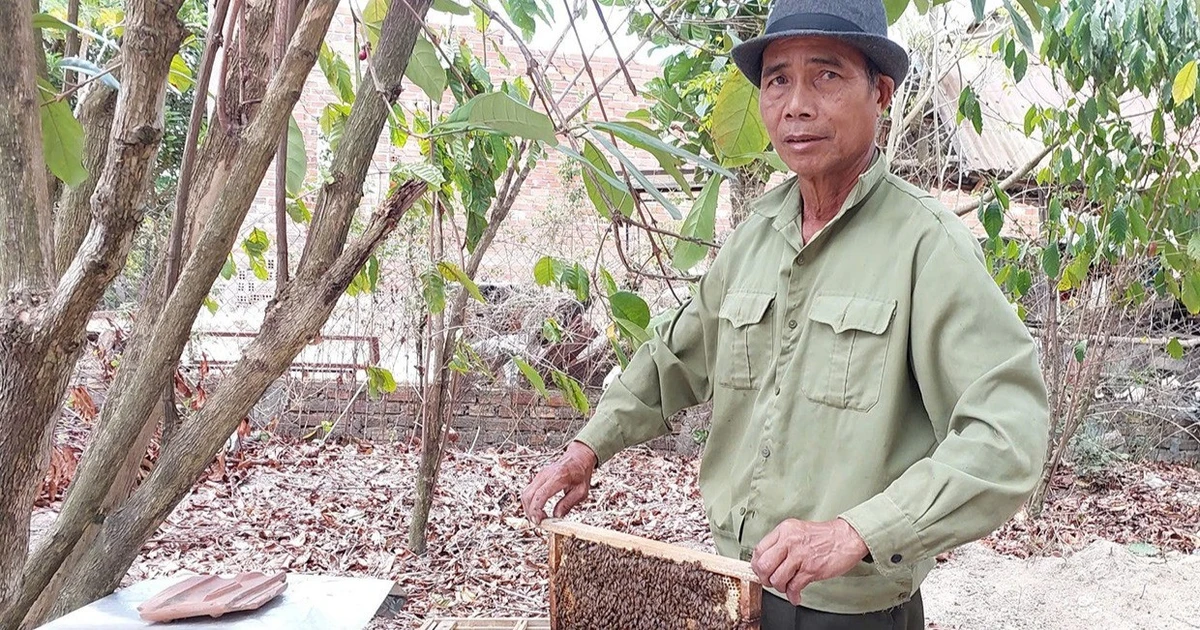















Comment (0)